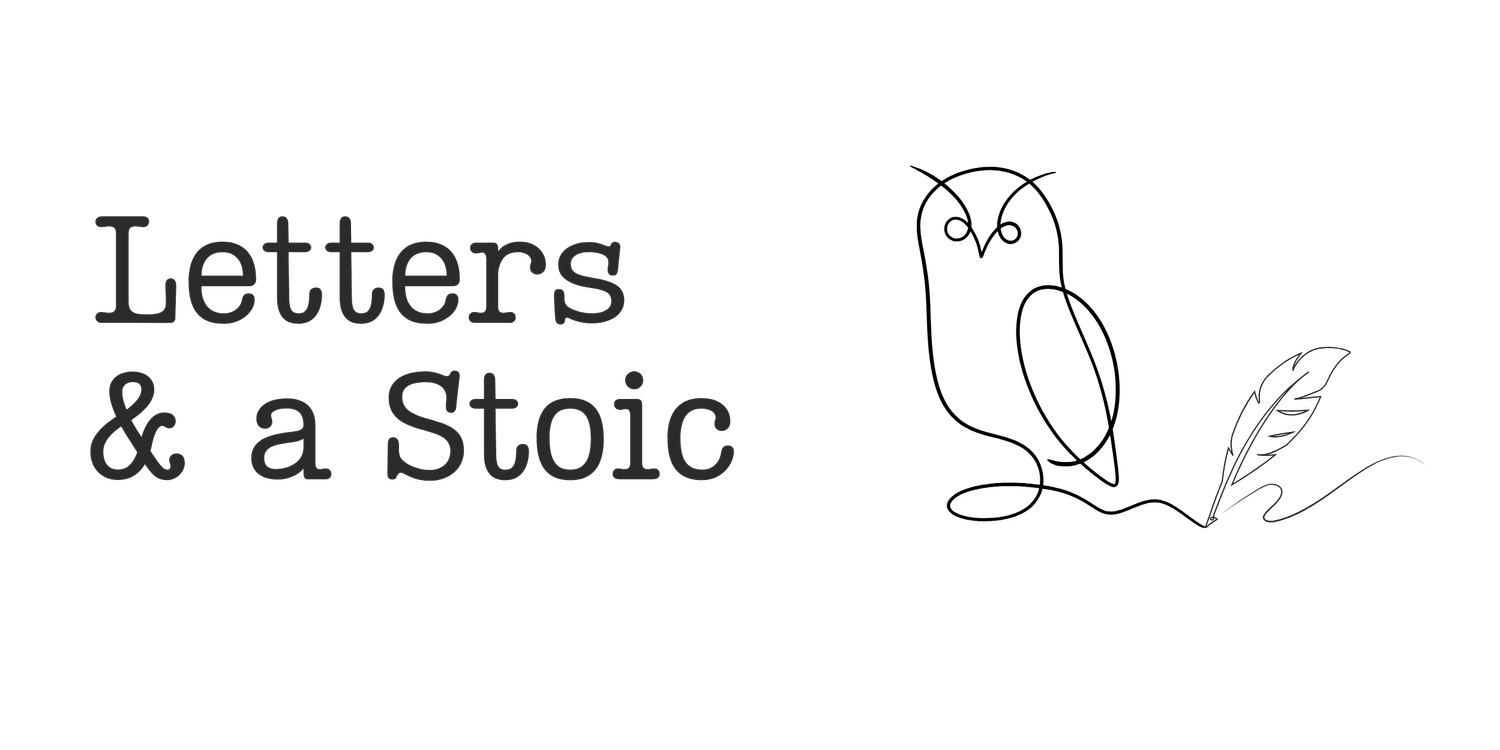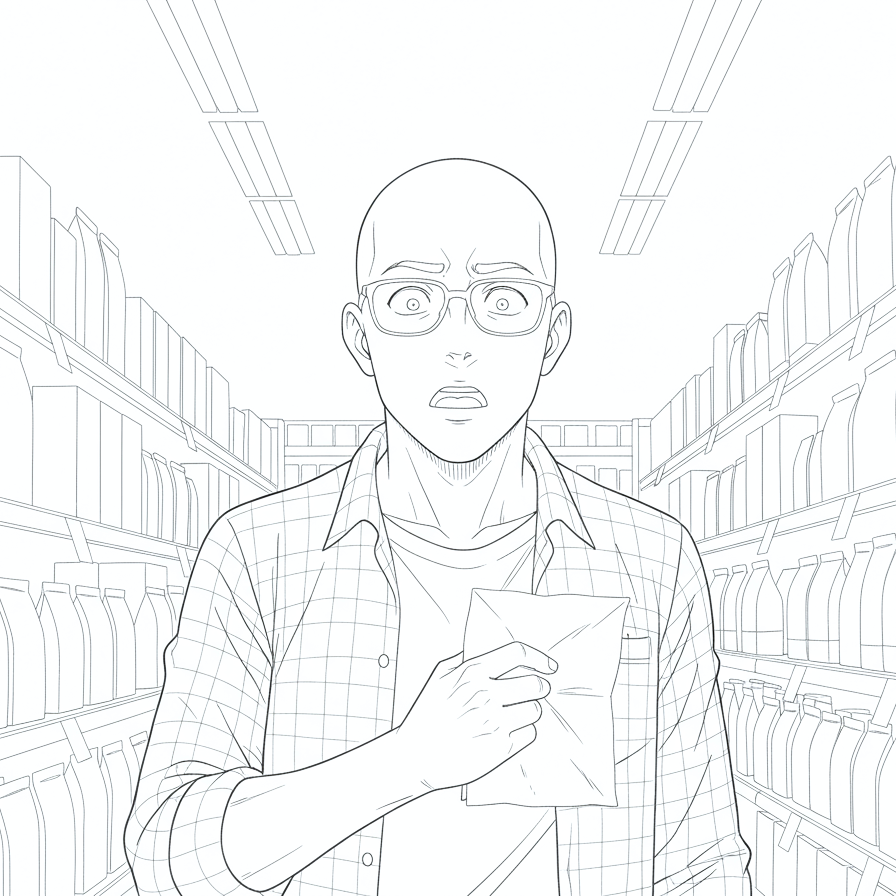Choice Paralysis
Dear reader,
This week…. has been a week, and I need to swallow the medicine in this letter.
We are swimming in a vast river of "everything everywhere all of the time" information.
The constant exposure to endless options and inputs creates something known as choice paralysis – a state where the abundance of possibilities leads to decision fatigue and ultimately, no decision at all.
The more options we have, the more difficult choosing becomes, and the less satisfied we tend to feel with our eventual choice.
Think about the last time you opened a streaming service to watch something. Did you spend more time scrolling through options than actually watching?
This happens to me regularly.
There’s a 1984 film called Moscow on the Hudson, starring Robin Williams.
In one of the scenes, his character Vladimir Ivanoff — a Russian musician who has just defected to the United States — experiences cognitive overwhelm from choice paralysis in an American supermarket. Vladimir is trying to buy coffee and finds himself confronted by an entire aisle filled with dozens of different brands and varieties. More kinds of coffee than he’s ever seen in his entire life, having come from the Soviet Union where scarcity and limited choice were the norm at that time.
He becomes completely overwhelmed by the abundance and he stands frozen, unable to make a decision. Eventually, he suffers a panic attack and collapses in the aisle.
This is a rather extreme example, but it is choice paralysis in action.
As we are exposed to more and more information that we feel we need to process and make choices about, the more our mental energy depletes.
We begin defaulting to what's easy for us rather than what's best for us.
We stay awake and watch movies when we know we should be sleeping
We order takeaway instead of cooking a nutritious meal
We scroll mindlessly through social media instead of reading that book we've been meaning to start
We might even say yes to commitments we should decline because refusing when we’re depleted requires more mental effort than saying yes.
But what if we had a filter – a compass - like I mentioned in my first letter – to help us navigate the overabundance of externals?
The Stoic Virtues as Decision Filters
The four Stoic virtues provide a practical framework for cutting through choice paralysis and making clear decisions:
Wisdom (Sophia): Seeing the situation clearly and choosing what truly matters. When overwhelmed by options, ask: "What would a wise person choose here?" This question helps you distinguish between what's genuinely important and what's merely attractive.
Justice (Dikaiosyne): Making choices that honour your responsibilities to others. Filter decisions by asking: "Does this option align with my duties and treat others fairly?" This removes choices that serve only ourselves at others' expense.
Courage (Andreia): Choosing what's right over what's easy. When deciding, ask yourself: "Am I avoiding this option simply because it's difficult or uncomfortable?" This helps you identify when fear, not reason, is driving your indecision.
Temperance (Sophrosyne): Exercising self-restraint and recognising when enough is enough. Before committing, ask: "Is this a genuine need, or am I being driven by impulse or the illusion that more is always better?" This filters out choices driven by excess or momentary desire.
These four questions transform the virtues into a decision-making compass.
Rather than getting lost in endless possibilities, you can quickly eliminate the options that fail these tests, leaving you with less choices, but choices that fully align with what you truly value.
Practical Application
Try creating a personal decision framework based on these virtues. Don’t hold it in your mind. Write it down.
When faced with a significant choice, run it through these four filters:
What option represents the wisest long-term decision?
Which choice is most just and considerate of others?
Am I avoiding any option out of fear rather than reason?
Which option represents a temperate middle path between extremes?
With practice, this can become instinctive. The framework turns from a conscious exercise into second nature, cutting through noise, information overload and decision fatigue and helping you maintain clarity even when swimming in that overwhelming river of information.
Marcus Aurelius wrote: "You have power over your mind - not outside events. Realise this, and you will find strength."
In a world designed to overwhelm us with choices, reclaiming the power to choose deliberately might be the most valuable skill we can develop.
What decision are you currently paralysed by?
Try applying these Stoic filters to thst and observe how they help you simplify your path forward.
It’s the second thing I’ll do after writing this. The first thing is to get a coffee.
With gratitude,
David


